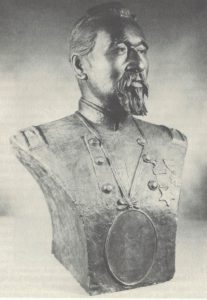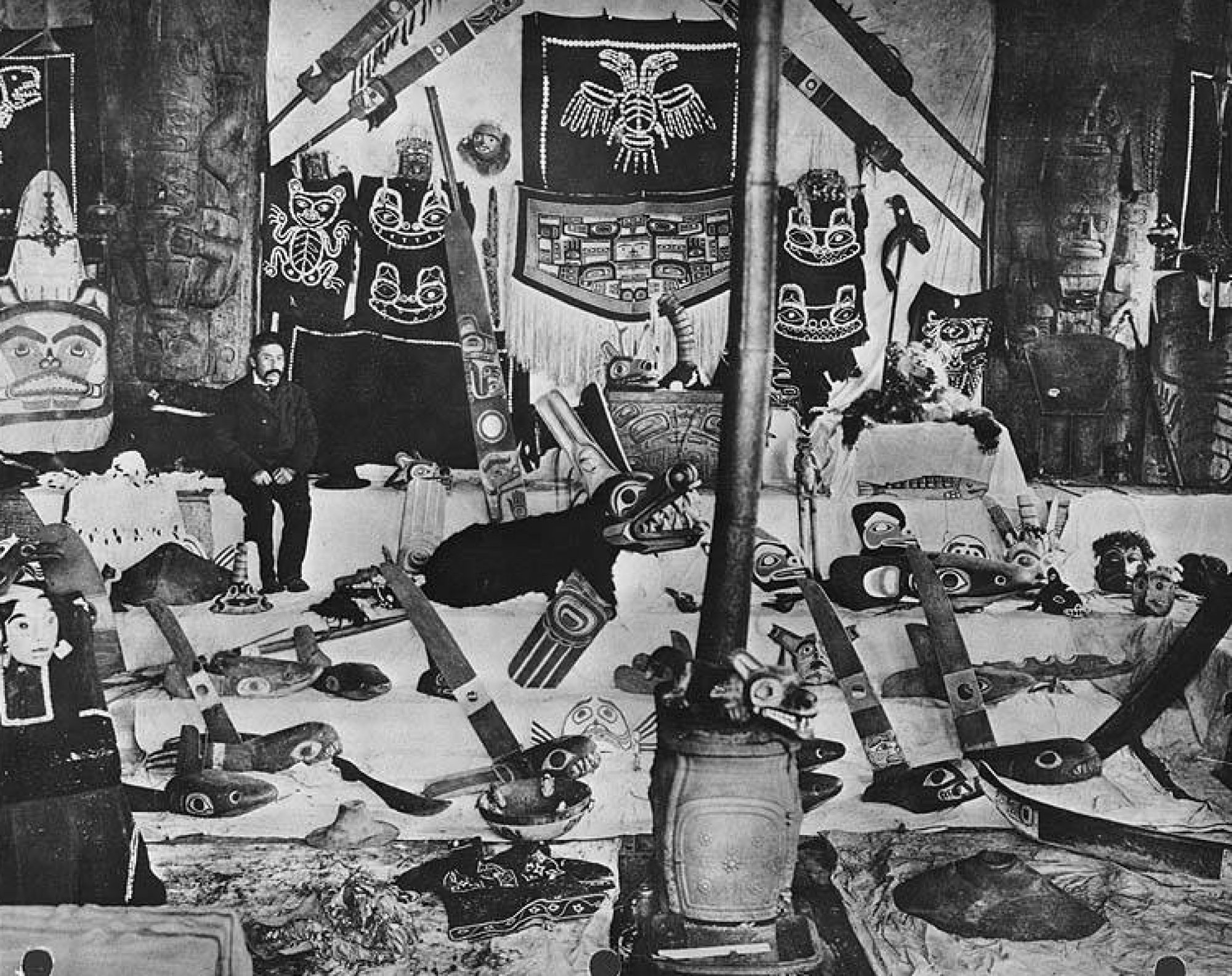Biographical Timeline | Leadership Qualities | Maori Land Ownership | References
Adaptable
Parker, or Donehogawa, lived a life that straddled Indigenous and American culture. He grew up on the Tonawonda Indian Reservation. As an adult, he was appointed a sachem, or leader, of his tribe. He gained skills as an engineer through work opportunities. He made great efforts to assimilate in American society; he joined the army, owned an American estate and married a white American woman. These different life experiences made him beloved by whites and Native Americans alike. After the Civil War, he was often consulted for his opinions on negotiations with Indian nations. He worked to uphold the “public interest” of white Americans and the American Government while also treating Indian tribes with respect.
This double life was complicated for Parker. He was a perfect example of a man who had assimilated into white society, and led by example. He used his white lifestyle to encourage Indians to give up hunting and turn to farming. Secretary Cox, speaking to a group of Indians, said of Parker, “He…has power and white people obey him…we will be brethren to you in the same way if you follow his good example and learn our civilization.” Assimilation served him well, and Parker advocated it for others. His wide array of life experiences pushed him to become adaptable, and these experiences allowed him to make important decisions during his time as Commissioners of Indian Affairs.
Educated
Parker’s educational experiences also made him skilled in many areas. His time studying law allowed him to easily navigate the treaties he was tasked with managing, and his time as Grant’s secretary taught him how to handle paperwork and negotiations. All the skills he acquired in his early life became essential to his success later in his career. As Commissioner of Indian Affairs, he was able to manage 300,000 Indians and 370 previous treaties. He was an eloquent writer, and able to make clear administrative plans.
Before Parker was appointed to Commissioner, he suggested a clear four step plan for improving Indian relations. He wanted the Indian Bureau returned to the War Department to allow the military to defend Indian land and stop violence before it occurred. In addition, Indian land should have firmly defined borders, and the same type of government should be applied to all of Nations to allow for easier management. He also advocated for inspection boards comprised of white men and educated Indians to oversee financial matters, decrease fraud and encourage peace. His education made it easy to analyze situations, make rational decisions, and communicate his plans.

Principled
Parker felt the weight of his appointment to Commissioner of Indian Affairs acutely. He knew that his work would affect not just himself but all American Indians, and if he failed it would reflect badly on the entire group. This motivated him to be even more careful in his management than he usually was.
In this position, he stayed fair and sought at all times to uphold both the rights of Native Americans and the laws of the United States. Because of legal precedent, he upheld the Supreme Court decision of Fellows vs Blacksmith, which ruled that treaties, once ratified, had to be obeyed whether the Indians had knowingly assented to them or not.
He spent much of his time working to be sure that the Indians would not be further cheated. He personally oversaw all claims that went through his office, land surveys, sales of land, and the creation of new reservations. To avoid corruption and bribery, he replaced the politically appointed agents with men from the army.
When Parker was accused of using the Bureau of Indian Affairs to line his pockets, he was devastated by the accusations. During his defense, he said that he may have made an error, but he would never have abused his position. Even though he was acquitted, the accusations rattled him so much that he resigned.
